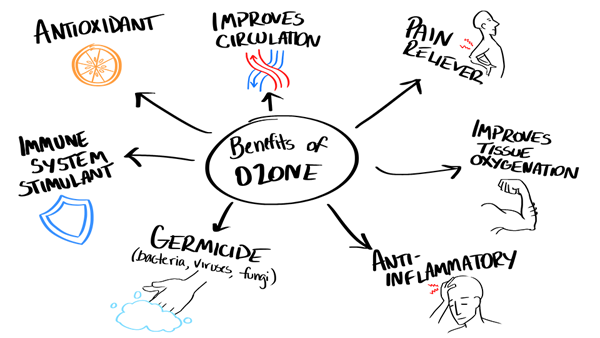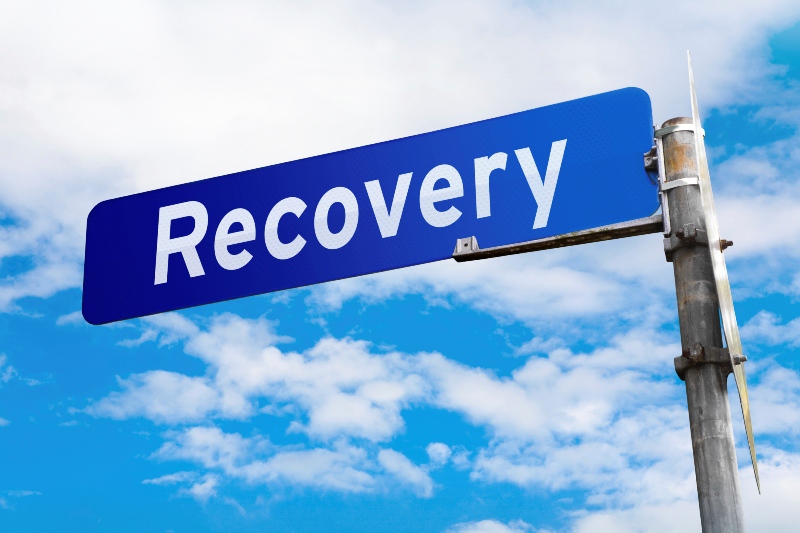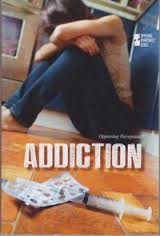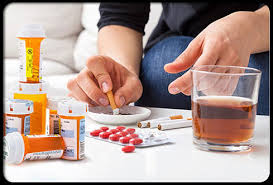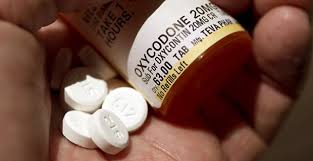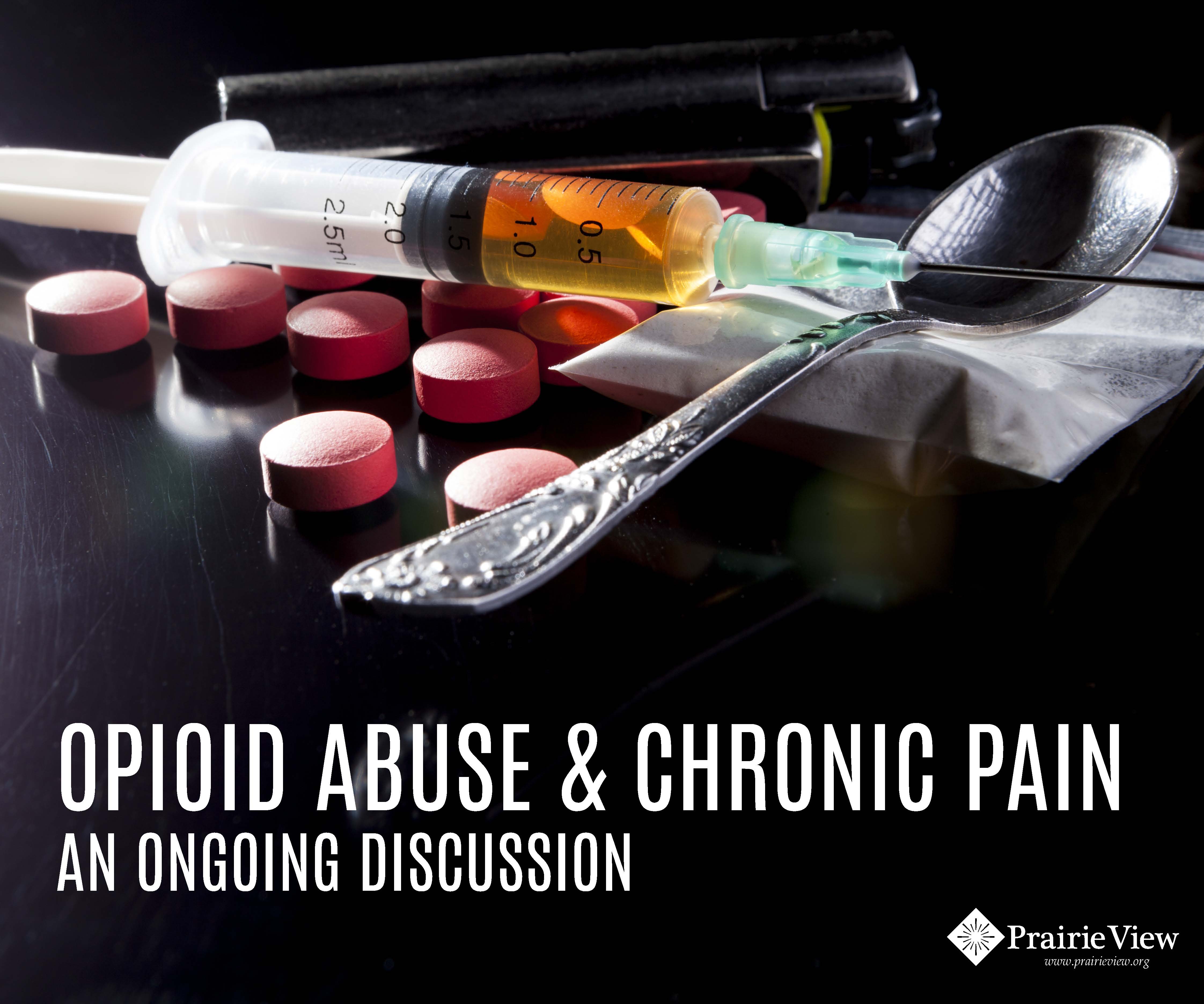Establishing chronic pain links with cigarette smoking

Establishing chronic pain links with cigarette smoking in order to find solution faster
Establishing chronic pain links with cigarette smoking: The role of nicotine in pain
Pain is one thing that no one would wish to be associated with in life. It may not matter the nature of pain, whether it’s physical or emotional so long as it is causing an individual pain. What surprises many is that while we complain of pain we often engage in certain behaviors that facilitate and inflict pain in our lives. Take for instance when establishing chronic pain links with cigarette smoking, you will be surprised seeing a smoker complaining of pain in the body that he or she has inflicted in their lives. This is what we want to discuss primary to create awareness about the link between chronic pain and cigarette smoking. This is something you don’t want to miss because all of us are either directly or indirectly affected by way of secondary smoke.
To take us through the discussion, we are going to be talking to doctor Dalal Akoury (MD) a veteran addiction expert of several decades and also the founder of AWAREmed Health and Wellness Resource Center a facility that is researching and offering lasting solutions to all people globally who are struggling with all kinds of addictions. Therefore let us progress into the discussion by responding to this question, why does smoking worsen pain? Professionally doctor Akoury explains that smoking cigarette will affect your body in many different ways. Those who smoke are at greater risk of contracting cardiovascular diseases, it also stains your teeth, damages your lungs, wrinkles your skin and most importantly it changes how your body perceives and react to pain. Doctor Akoury shares with us some of the reasons why cigarette smoking has direct impact in worsening your chronic pain.
Establishing chronic pain links with cigarette smoking: Effects of smoking on the proper blood flow
We are all conversant with the fact that the blood is playing a key role in transporting various elements necessary for the proper functionality of the body. This role is seriously hampered by smoking. As a matter of fact smoking is one of the most harmful effects in your body since it narrows your blood vessels thereby restricting the blood floor. Experts at AWAREmed Health and Wellness Resource Center while studying the effects of smoking has established that the nicotine found in cigarette smoke causes the blood vessels to shrink and as a result of that you’re the body of such individual is deprived of oxygen and other essential nutrients that are very vital for the body proper functionality. The restricted flow of blood causes damage to your musculoskeletal tissues by depriving it with oxygen.
Nicotine alters your pain perception
Besides constricting the blood vessels, it is also very important to appreciate that nicotine is also a strong stimulant. Doctor Akoury says that being a strong stimulant, it will affect how your brain reacts to stimuli. Besides smoking will also trigger your brain to react in such a way that it processes physical stimuli differently and perceives pain more acutely. And this explains why in many instances smokers are more sensitive to pain and reacts more quickly than nonsmokers. Therefore to be on the safe side of life, always consult with doctor Akoury for a more professional input.
Establishing chronic pain links with cigarette smoking: The role of nicotine in pain


